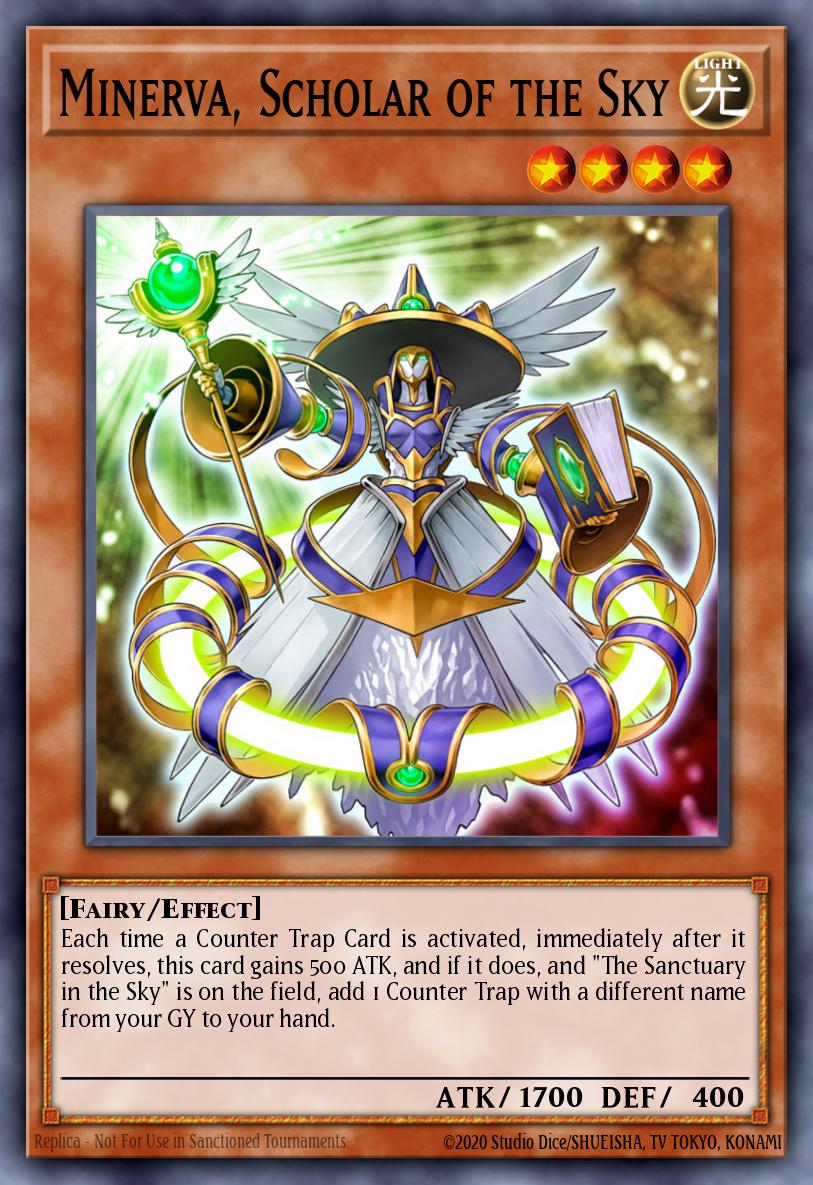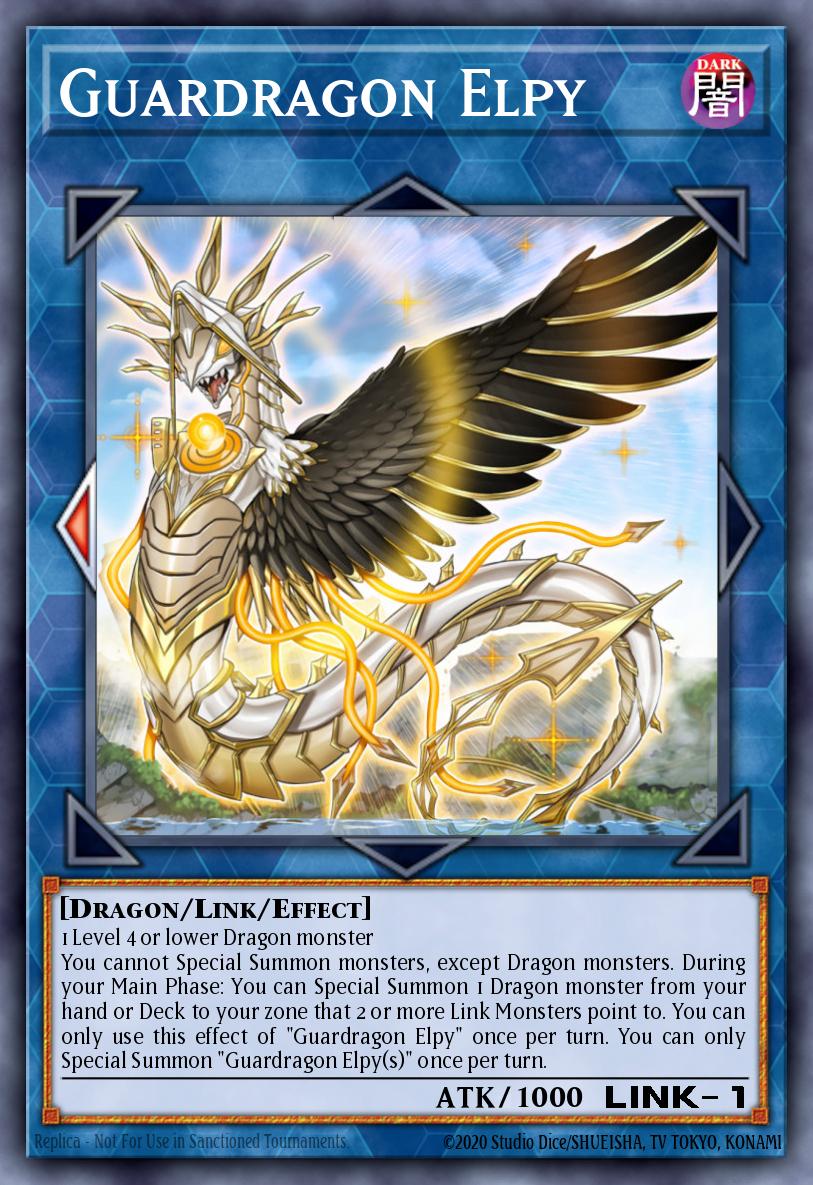"He opened the nuts."
"My hand was unplayable."
"I got sacked."
We've all heard these excuses before. Chances are, after a bad beat you've dropped one of them yourself in disgust. It's only natural to look for excuses after a loss - and sometimes a game really was unwinnable. Maybe you went against Gouki at their prime and your opponent had Armageddon Knight, Called by the Grave, and Soul Charge. Or perhaps you started a Game 3 and opened all three of your Brilliant Fusions alongside Gem-Knight Garnet and Predaplant Darlingtonia Cobra. It's very tempting to blame external factors when you lose, rather than yourself, and sometimes you may even be correct.
That said, this is a bad mindset when it comes to improving at Yugioh. To one extent or another, every loss can be traced back to you and your own decisions. I'm not calling you bad! Rather, I intend to use this article to analyze some of the common mistakes players make when they blame losses on bad luck. When I say that every loss is your fault, I mean that there's a lesson to be learned from even the most unwinnable games that can help you improve your skills and avoid such situations in the future.
Learning from Failure

Always, always, always think critically! Losing sucks, but what's even worse than losing is losing without gaining anything from the experience. If I go to locals, and I end up going 0-3 in matches, I want more of a takeaway from the experience than just "Well, that was a waste of $5." Losing is important to grow as a player, to figure out what works and, well, what doesn't. The most important thing about taking losses is learning from them. "He who does not study history is doomed to repeat it." The difference between a player who keeps going 0-3 at locals week in and week out and one who eventually goes on to top locals, regionals, and one day premier events, is in how they respond to failure.
Losing is a painful reality of Yugioh. Every match with a winner must necessarily have a loser, and at the end of the day, far more players go home from events disappointed than not. Even the legends like Jeff Jones and Billy Brake scrubbed out more often than they topped. What allows players like them to become legends in the first place is how they learn from their losses.
Because of this, it's important to approach losing with the proper mindset. Dismissing losses out of hand is a poor mentality. If you get angry after a loss because of one reason or another, you're probably not analyzing the various factors that went into you losing. That's just a recipe for losing again and again, due to those same factors. Let's look at some of the common reasons players dismiss defeats as pointless to consider, and why that mindset is harmful.
"He Opened Broken!"
Yeah, there's a good chance he did. Lord knows I've stared down Thunder Dragon Colossus + Hot Red Dragon Archfiend Abyss + Hieratic Seal of the Heavenly Spheres + Number 38: Hope Harbinger Dragon Titanic Galaxy with a set Called by the Grave and me drawing to 4 cards in hand before.
Does that mean we should just wring our hands and say "Ah well, there's nothing I could have done"? Of course not! Let's start off with the obvious question: why are we staring down a board like this in the first place? What has gone wrong with my deckbuilding that allowed a board like this to be built against me? Could I have built my list differently to make sure this didn't happen? How relevant is this deck in the metagame; should I be respecting it more when I deckbuild? Or even considering things like: I know I can't win when he opens broken, so maybe I should scoop early to avoid going into time.
Maybe we can't get always prevent scenarios like this from occurring- after all, sometimes our opponents will just open the stones and we can't do anything except scoop- but at least if we're thinking critically about it afterwards, we're gaining something from losing. Even if what we're gaining is as simple as "Damn, I should be playing that deck."
"I Couldn't Do Anything!"
I distinctly remember the hand that knocked me out on the bubble of YCS Portland this year. Two Ash Blossom & Joyous Spring, Foolish Burial Goods, Metalfoes Fusion, Sky Striker Mecha - Eagle Booster. There was simply no play to be had. I set Foes Fusion and passed and promptly got Thunder Guardragon comboed into the Shadow Realm. 7-2-1, no top for me.
 I hate you.
I hate you.
Obviously, in the context of this game, there was nothing more I could do. But after the tournament ended- for me, at least- I didn't just sit and wallow in sadness. (For very long, anyways...) Blaming bad luck for my loss wasn't going to help me improve. I started thinking about why my deck failed me at this crucial moment. Had I made an error in deckbuilding, not putting enough starter cards into my deck? If I possibly had sided differently, maybe I would have drawn a side card instead that would allow me to survive a turn? Maybe it was even the fact that I hadn't changed my sleeves before Day 2! This kind of thinking, considering my own potential shortcomings and how to improve myself for the next event, would eventually pay off as I won five straight win-or-drop matches to top YCS Fort Worth last October.
It's true, you'll get bad hands. It's natural. Every deck bricks. I remember an old acquaintance who lost to Six Samurai playing full power Zoodiac because his normal summon ate a Trap Hole and he never drew another monster. That doesn't mean you can't use those awful hands as a learning experience. Yes, there'll always be dead hands even with a perfect deck, but there's always an opportunity to think critically and improve. If you brick, think about why it happened, and if there's any way to cut down on those bricks in the future. Considering these games in an analytical light gives even the most hopeless losses a positive effect on your skill.
"He Topped His One Out!"
 Snatching wins since 2002
Snatching wins since 2002
It's the oldest story in the game. You had your opponent down to just a few hundred life. They had no cards on their field or in their hand. One more turn and you'd finish them off... then they rip Monster Reborn off the top and attack for game. Wow, they got lucky and sacked into the one card that could save him! What more could you have done?
Well... chances are, quite a lot. Was that really the only out in your opponent's deck? Did you properly play around the potential outs they could have had, based on the general trend of deckbuilding in the current metagame? Perhaps you did not correctly read your opponent's plays, leaving them in a situation where a large number of good draws were left in their deck to take control of the game. Maybe you made some misplays earlier in the game, leaving your opponent alive long enough to "sack" the win. After all, it's natural to focus on the last play that ended the game. We place less importance on the early stages of the game, but they are what directly lead to the late game, where "lucky" topdecks happen.
It isn't useful to look at a game where your opponent seemingly ripped their only out late while you were in a commanding position, and just discard it as bad luck. Chances are, there was something you could have done to avoid being in that scenario in the first place. A search you didn't negate here, a trap you flipped too early there; little things add up that, taking them into account, can keep you from being in that situation to get sacked in the future.
Endnote: Consider Every Game
A final note: this logic can apply to winning just the same! If you win, you're less inclined to think about what didn't work. After all, you won, so any mistakes you made didn't matter, right? Just like failing to study and consider your losses, dismissing learning from your victories is a dangerous mindset. Maybe you weren't aggressive enough and could've beaten your opponent a turn earlier. Perhaps you forgot to resolve an effect and your opponent wasn't skilled enough to capitalize. Mistakes and misplays can happen in victories too, and you won't always be lucky enough to win despite them. Always, always, always be looking to improve!




